
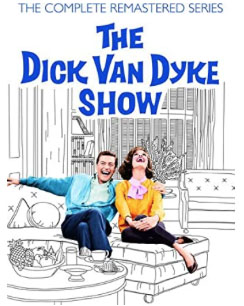
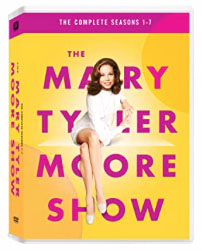
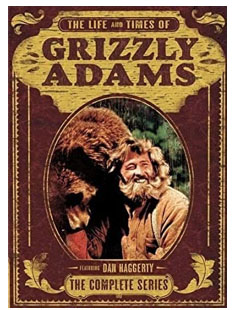
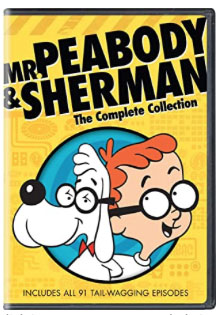
 |
 |
 |
 |
 |
|||
TV
Shows on DVD/ / /
/ / / / Carol Burnett Show on DVD/
/ / / / / / Cartoons
on DVD/ / / / / /
/ Holiday
Specials on DVD |
|||||||
|
"I
distinctly remember seeing Hugh Hefner starring in his own suave talk
show in the late sixties called 'Playboy After Dark'. Any chance you've
heard of it?"
Not as well-known is the fact that there were two earlier attempts by Hefner to create a television spin-off of his famous magazine. While neither caught on in a big way, both were critical and audience hits with unique formats that presented timeless performances by some of the greatest comedians, jazz, soul, folk and be-bop artists of all time.
The format was modelled on a hip, swinging bachelor party, the kind of bash where cool people lounged in their cocktail clothes exchanging bright ideas. One of the greatest hours of television ever!
Hef's first "Penthouse Party" (as the show was also known early on) featured raucous comedian Lenny Bruce, a controversial choice.
Hefner and Lenny Bruce discussed the format of Playboy's Penthouse on that first program: BRUCE: "This is a kind of a... an interesting party. You know, I first figured it would be like, sort of a TV, you know, a typical fake party. But it's got a good party feeling to it, with some pretty chicks, which is a good composite. HEFNER: "Well, (we have) the girls and we serve real liquor... it does the trick." BRUCE: "You think you'll get any objection to drinking on the show? I don't think I've ever seen that on a show."
BRUCE: "That's what grooved me about the show. That it's an honest... it's actually a party. So whatever happens at a party, within, you know, limitations..." HEFNER: "Well, (laughs) we're trying to build the personality of the show out of the magazine itself and make the thing a sort of a sophisticated weekly get together of the people that we dig and the people who dig us."
On August 3, 1966, Lenny Bruce was found dead on the floor of his Hollywood Hills home. The LAPD announced he had died of an overdose. Music producer Phil Spector called it "an overdose of police" - a strategy he may want to use for his upcoming murder trial.
Once again the party format was carried forward, with an elaborate $35,000 bachelor pad set built on a CBS Hollywood soundstage, complete with a den, sunken living room, and curvaceous bar. Twenty girls and nineteen guys (guess who got two girls) provided the atmosphere and mingled with the exceptional guest stars.
The program also provided a way for Hefner to get some face time with the magazine's growing audience. "Fame is as meaningful to me as fortune," was his revealing quote to the press in 1969. Guest stars on Playboy After Dark (surrounded by the ubiquitous Playboy Bunnies) included Marvin Gaye, The Checkmates, improv group The Committee, Janis Ian, The Byrds, Buddy Greco, Shari Lewis (in her post-Lambchop, adult comic days), Pat Henry, and others.
Sally Marr (who also had a nightclub act) went on to appear in several films including 'Harry and Tonto' (1974). In 1994, Joan Rivers portrayed her in the Broadway play ''Sally Marr - and Her Escorts,'' at the Helen Hayes Theater. Ratings were high overall for Playboy After Dark but the show was cleared for broadcast in only twenty-three cities, not enough to ultimately warrant continuation. It was successful in attracting new magazine readers, however - sales of Playboy peaked at over seven million copies a month in 1971.
The television production provided an opportunity for Hef to get out of his Chicago digs and shake things up in Los Angeles. He enjoyed the experience so much, Hef decided to make LA his base of operations in 1971, purchasing the now-famous Playboy Mansion West in the Holmby Hills. Like Batman changing Batcaves, Hefner became an LA party-scene fixture from that point on. Hugh Hefner, ever modest, had this to say in 1969 about Playboy After Dark: "It's better than the Johnny Carson show or the Joey Bishop show and I do a better job hosting than Ed Sullivan does."
|
PLAYBOY
|


The late, great Cy Coleman
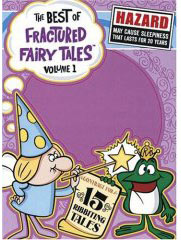 |
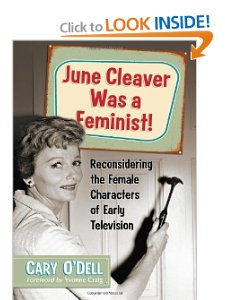 |
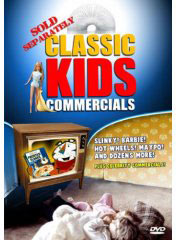 |
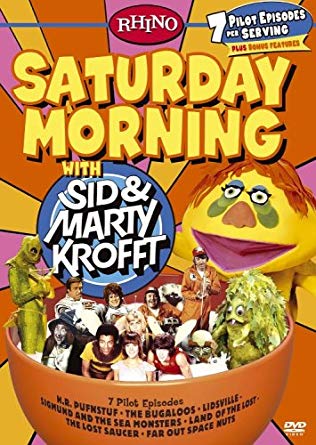 |
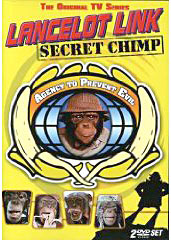 |
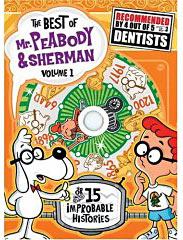 |
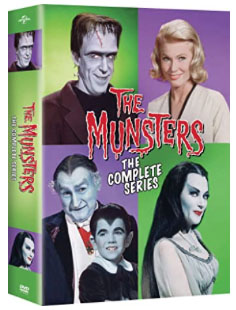 |
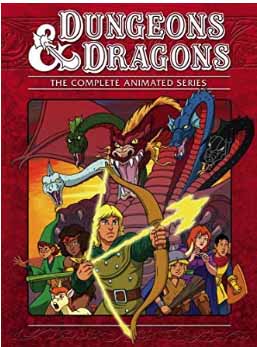 |
| TV Shows on DVD/ / / / / / / Classic TV/ / / / / / / Punk Book/ /
/ /
/ / / / / / /
Christmas
Specials on DVD / /
/ / / / Classic
Commercials |
|||||||
|
||||||||||||||
Mailing List // Cool TV Sites // Media Page -- Contact TVparty!/ / / North Carolina Actors